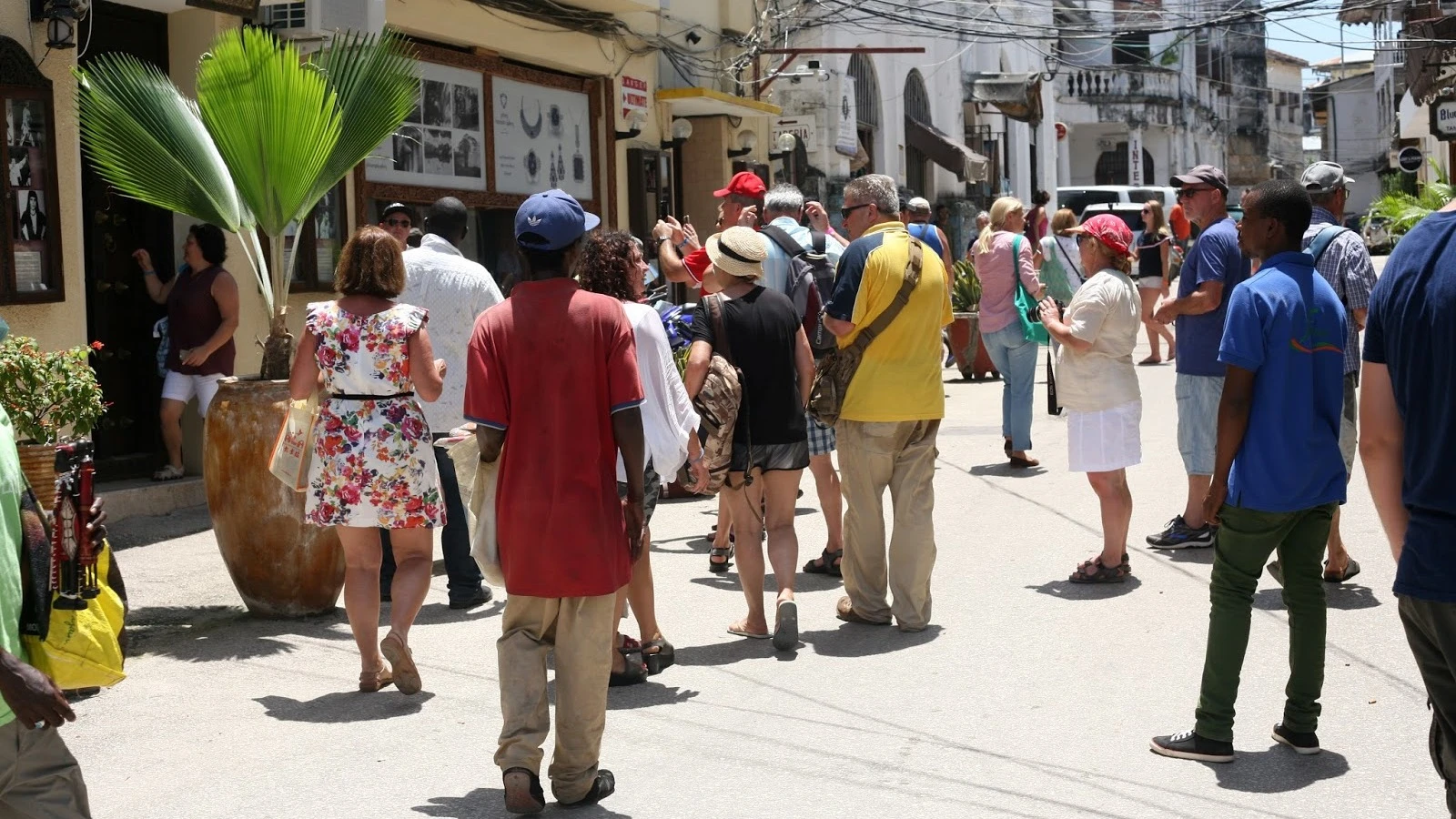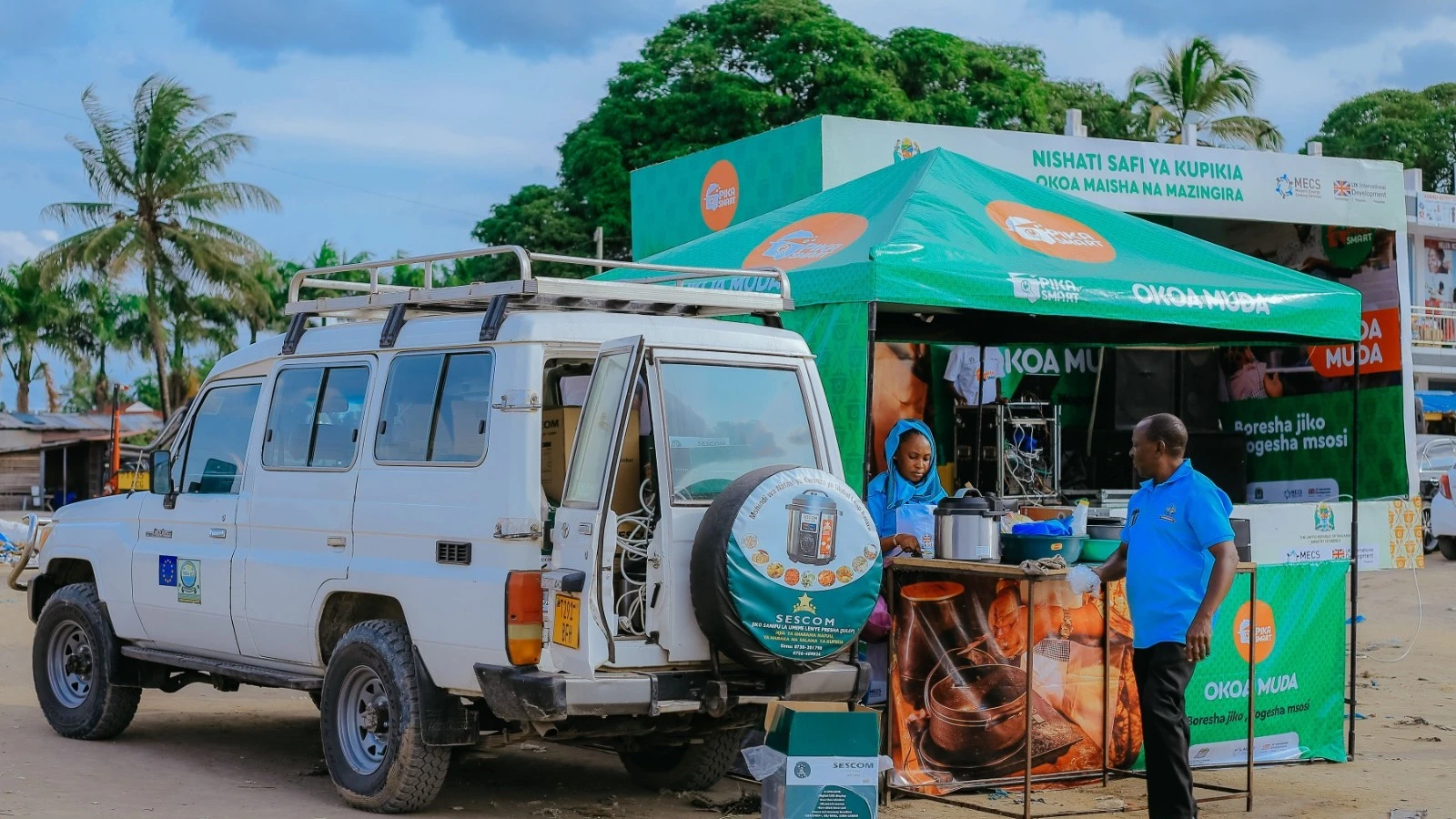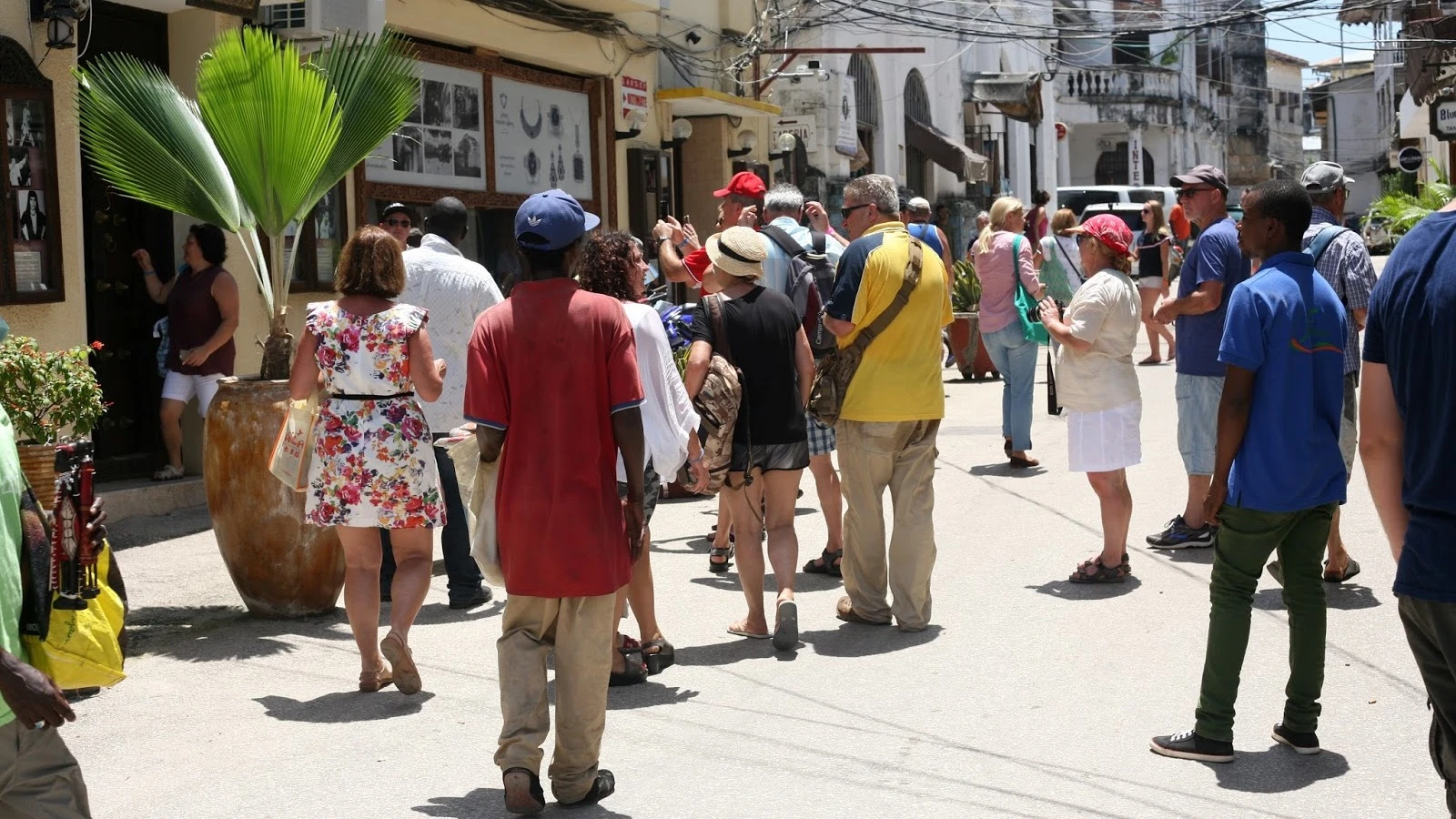Zanzibar’s current account surplus increases sharply on tourism gains

Zanzibar’s current account surplus rose to USD 596.2 million in the year ending May 2025, up from USD 423.9 million recorded in the corresponding period of 2024. The improvement was largely driven by increased service receipts from tourism.
: FTotal exports of goods and services grew by 18.5 percent to USD 1,186.2 million from USD 1,001 million recorded a year earlier.
This growth was primarily attributed to a 23.1 percent rise in tourism earnings, which reached USD 1,152.8 million due to a surge in tourist arrivals. The number of tourists increased to 782,668, up from 659,480 in the previous year.
Zanzibar’s tourism sector is poised for continued expansion, driven by robust growth in international arrivals, rising global visibility, and targeted investment in infrastructure and hospitality.
As the island positions itself as a premier destination in East Africa, its tourism future hinges on four strategic pillars: diversification, sustainability, digital transformation, and inclusive growth.
The Zanzibar government has ramped up infrastructure investments in roads, airports, and utilities to support tourism growth. Projects like the upgrade of Abeid Amani Karume International Airport and hotel developments by global brands signal rising investor confidence.
These investments are improving access and accommodation quality, supporting the island’s ability to attract high-value tourists.
To preserve its ecological and cultural integrity, Zanzibar is increasingly embracing eco-tourism, heritage tourism, and community-based travel experiences.
Authorities are working with conservation groups and the private sector to protect marine ecosystems, promote cultural heritage sites, and create tourism models that benefit local communities.
However, clove export earnings dropped significantly by 88.5 percent to USD 3.3 million from USD 28.9 million, reflecting the crop's cyclical nature.
On a monthly basis, exports of goods and services rose to USD 95.5 million in May 2025, from USD 44.5 million in May 2024.
Meanwhile, imports of goods and services grew by 4.1 percent to USD 615.7 million in the year ending May 2025, driven mainly by increased imports of consumer and capital goods.
Consumer goods imports rose by 20.8 percent to USD 69.4 million, mainly due to higher imports of food and beverages for household consumption and non-industrial transport equipment. Capital goods imports increased by 8.5 percent to USD 68.0 million, largely on account of electrical machinery and equipment.
On a month-to-month basis, imports rose to USD 48.5 million in May 2025 from USD 45.2 million a year earlier.
In terms of inflation, annual headline inflation declined to 4.2 percent in May 2025, down from 4.3 percent in April and 5.3 percent in May 2024. The decline was driven by a reduction in food inflation, which eased to 3.9 percent in May from 4.1 percent in April 2025, and down sharply from 8.9 percent in May 2024.
The easing of food inflation was supported by increased food supply resulting from improved domestic production and stable imports, with notable price drops in sugar, rice, and yellow cooking bananas.
On a monthly basis, headline inflation rose to 1.0 percent in May 2025, up from 0 percent in April, but remained below the 1.8 percent recorded in May 2024.
Top Headlines
© 2025 IPPMEDIA.COM. ALL RIGHTS RESERVED

























